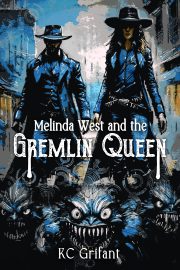The Ecology of Worldbuilding
by J. Dianne Dotson Worldbuilding takes many forms in genre fiction. Whether a story takes place on another planet, in a mystical land, or in a hellscape of horror, adding touches of realism enhances the world for its inhabitants. Using ecology is one way to achieve that realism. What Is Ecology? Ecology is the science […]


